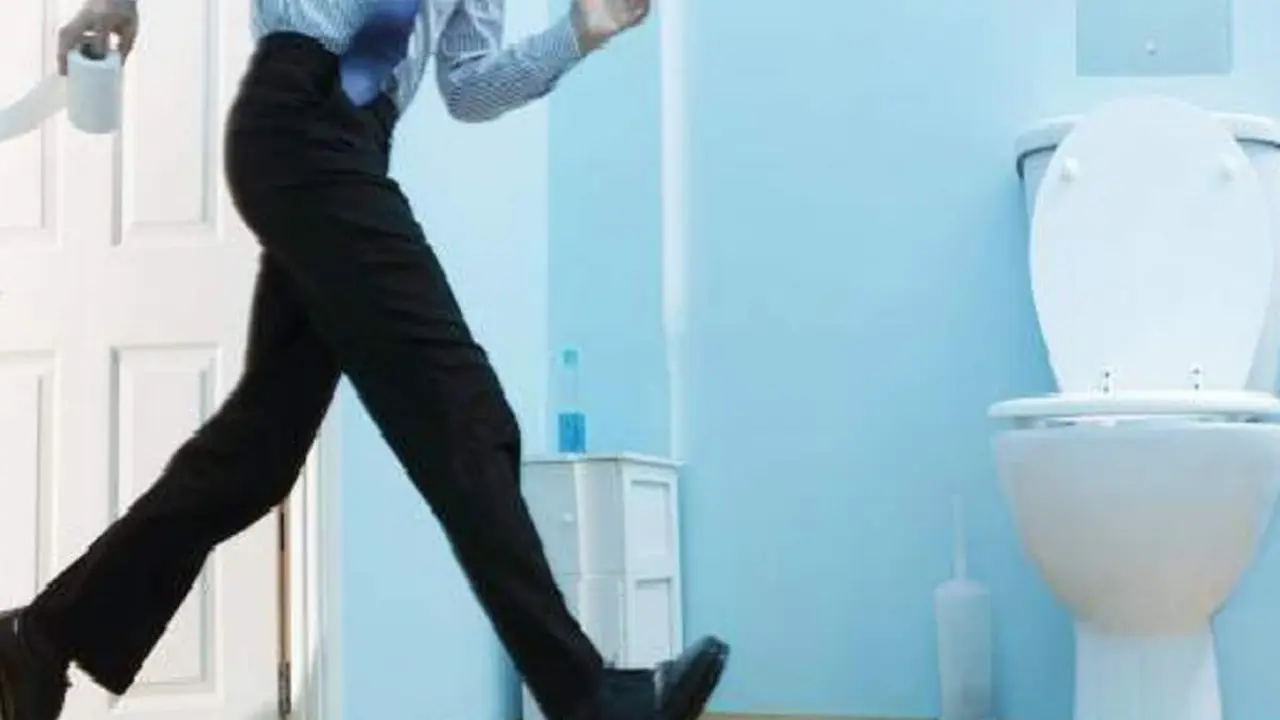Difficulty Urinating: What’s Going On and How to Fix It
If you’re finding it hard to start or finish peeing, you’re not alone. Many people notice a weak stream, a feeling of incomplete emptying, or the need to push harder than usual. These signs can be annoying, but they’re also clues about what your bladder and prostate (or other parts) might be doing.
Common Causes of Trouble Peeing
Most of the time, the issue is simple. An enlarged prostate is a frequent culprit for men over 50; it squeezes the urethra and slows the flow. For women, a urinary tract infection (UTI) can cause swelling that makes it harder to pass urine. Other everyday reasons include dehydration (less fluid means thicker urine that’s tougher to push), certain medications like antihistamines or decongestants, and even drinking too much caffeine or alcohol.
Less common but still important causes are bladder stones, scar tissue from previous surgeries, or nerve problems that interfere with the signals telling your brain when to go. If you have diabetes, nerve damage (diabetic neuropathy) can affect bladder control, leading to a weak stream or frequent trips.
When to Get Professional Help
Most mild cases improve with a few lifestyle tweaks, but you should see a doctor if any of these happen: you can’t pee at all (a medical emergency), you notice blood in the urine, you have pain that won’t go away, or the problem lasts more than a few weeks. Persistent difficulty can signal a blockage, infection, or something that needs medication or surgery.
Ask your doctor for a simple urine test, a bladder ultrasound, or a prostate exam—these tools quickly point to the cause. If medication is the issue, a quick switch might solve the problem. If it’s an infection, a short course of antibiotics usually clears it up.
In some cases, doctors recommend pelvic floor exercises (also called Kegels). Strengthening those muscles can improve the timing of urine flow and reduce the feeling of incomplete emptying. For men with an enlarged prostate, medications like alpha‑blockers relax the muscle fibers around the urethra, making it easier to pee.
While you wait for an appointment, try these practical steps: drink at least 8 glasses of water a day, limit caffeine and alcohol, and avoid holding urine for long periods. When you feel the urge, sit down (for men) or relax your pelvic floor (for women) and take a few deep breaths before starting.
If you’re on meds that might cause urinary problems, talk to your pharmacist or doctor about alternatives. Sometimes a small dose change makes a big difference.
Remember, occasional hiccups in the bathroom are normal, but ongoing difficulty urinating deserves attention. Catching the issue early can prevent complications like kidney damage or chronic infections.
Bottom line: listen to your body, stay hydrated, and don’t shy away from a quick medical check if the problem sticks around. Simple fixes work for many, but professional guidance ensures you stay healthy and pain‑free.

